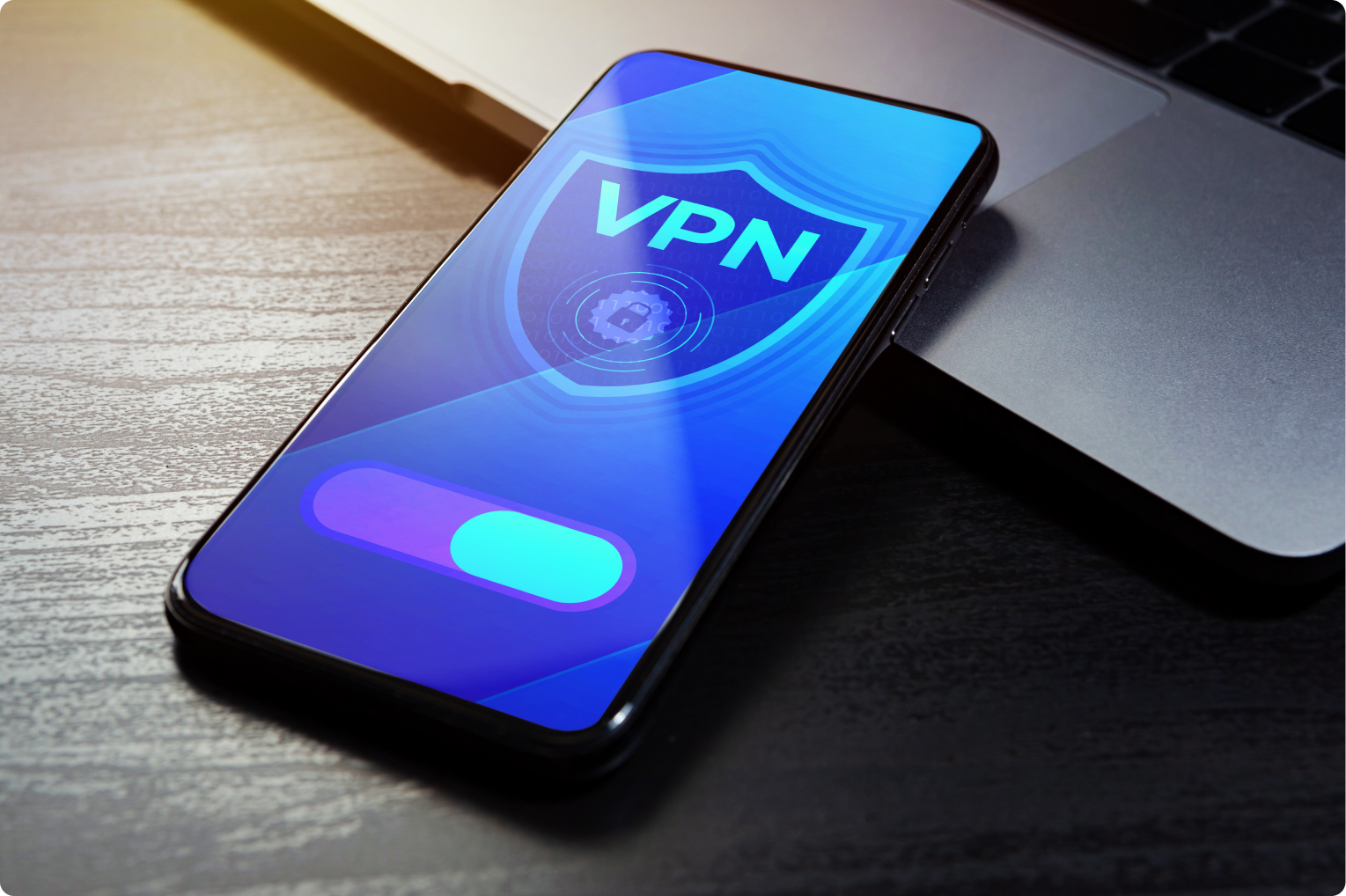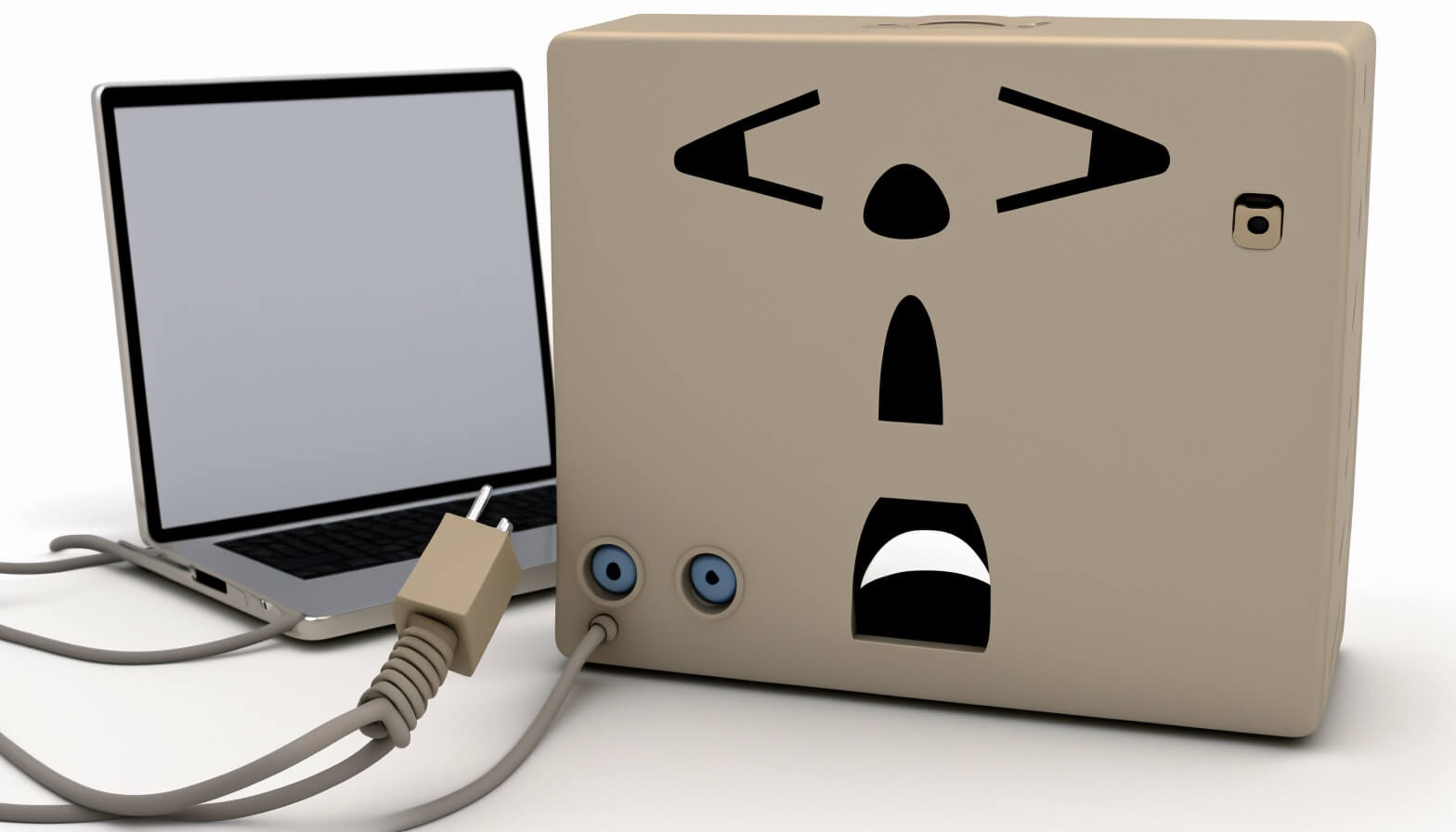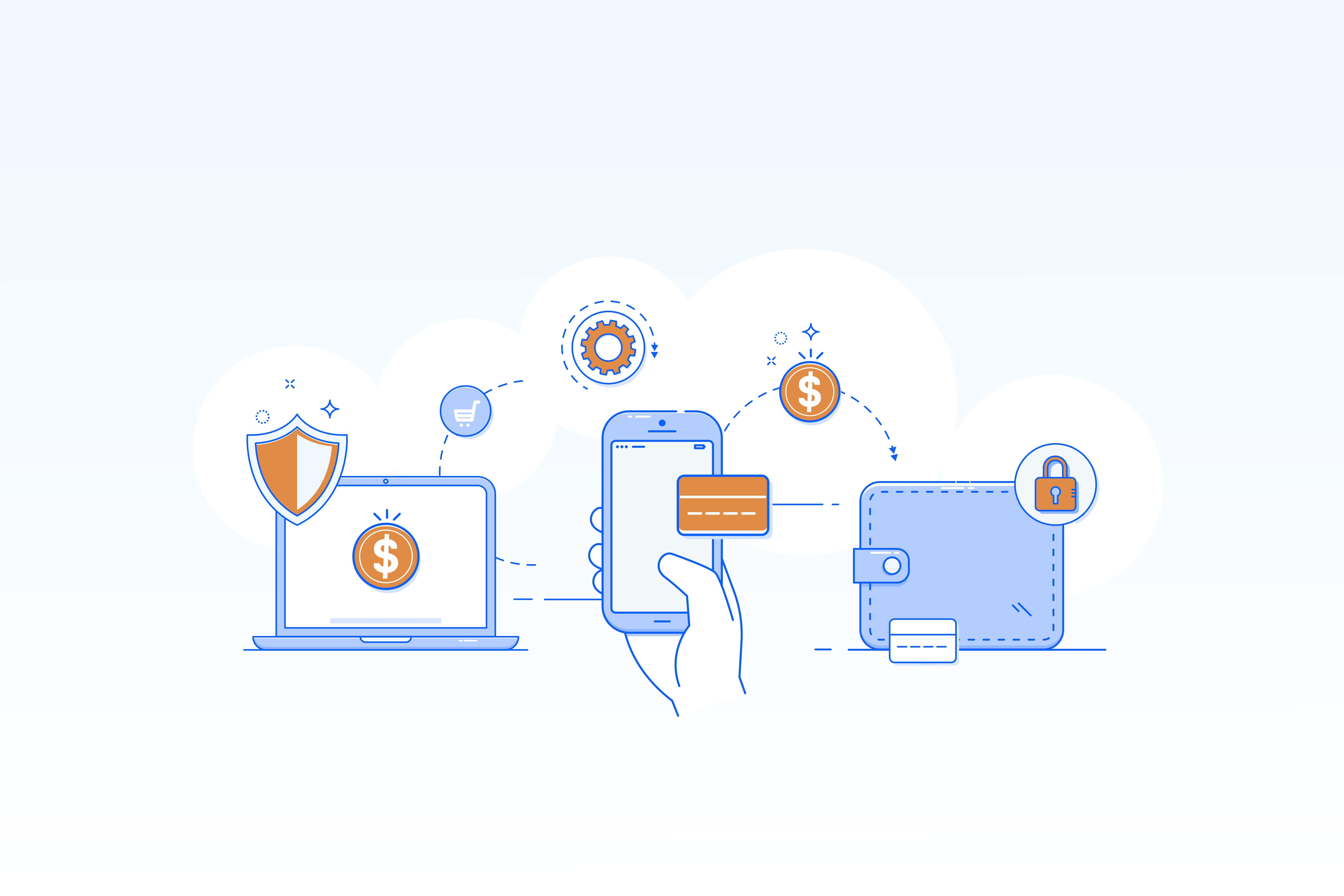
Why Do You Need a VPN Service?
Any data that is transmitted through an online session such as when you go through your email using a public Wi-Fi server in a Mall or check out your social media sitting in a coffee shop can allow you to become a victim to eavesdropping by strangers that are using the same public Wi-Fi server.
Not only do VPNs allow you to keep your web hosting and web browsing private and anonymous but the encryption and anonymity of a VPN allow you to scroll through the internet without any glitch, it protects all browsing history such as sending emails, paying bills, transmitting passwords, shopping online, etc.
VPNs also provide another benefit apart from privacy and security, VPNs allow you to surf the banned sites of the internet, your country must have banned a few sites that violate its terms, beliefs, and policies. Netflix is banned in a lot of countries; VPN users benefit from its features and use it nonetheless.
Moreover, there are many VPN servers on the go. Still, some of them do not facilitate the individuals as much as others, many features make a VPN good or bad including the privacy policies, we only need to be seeing that the VPN policies respect an individual's privacy, as that is the whole point, right? You should choose your VPN server wisely and make sure to always stay on the outlook for the new best VPNs available in the market.

What are HTTP and HTTPS Proxies?
HTTP and HTTPS proxies are commonly used in the world of web browsing and internet access. While both types of proxies serve similar purposes, there are a few key differences between them

Parental Control At Home Using Proxy
Parental control is a crucial aspect of raising kids in today's digital age. The internet can expose children to inappropriate content and put them at risk of encountering cyberbullying, harassment, or worse. To keep children safe online, many parents use parental control software, which blocks certain websites or limits access to the internet altogether. However, these solutions can be circumvented or defeated, leaving children exposed to harmful content. A proxy server is a powerful tool that can be used to enhance parental control and protect children online

Choosing Proxies For Sneakers
When it comes to buying sneakers, you need to be quick, and the right proxies can help you achieve this. Proxies are essential in securing a sneaker purchase online, especially for popular releases that can sell out in minutes. In this article, we will discuss the factors you should consider when choosing proxies for sneakers, so you can improve your chances of getting your desired sneakers.

Managing Multi Accounts with MiaProxy
Managing multiple accounts on various platforms can be a daunting task, especially when it comes to maintaining the anonymity of those accounts. This is where a proxy comes in. A proxy allows you to access the internet through a different IP address, thus masking your actual location and making it appear as if the accounts are being managed from different locations

How Decentralized Residential Proxy Works?
A decentralized residential proxy is a new way of providing proxy services that utilizes peer-to-peer technology. Instead of relying on a central server, a decentralized residential proxy network is made up of multiple nodes, or individual devices, that work together to provide proxy services. This allows for a more robust and resilient network, as there is no single point of failure

